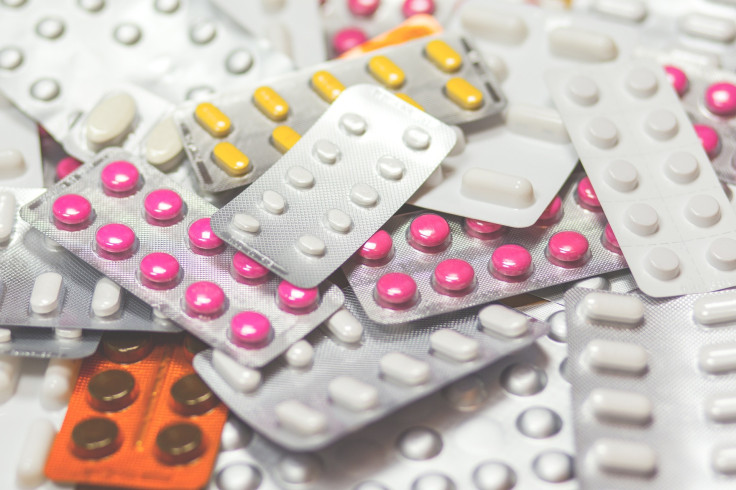Personalized Medication More Efficient In Blood Pressure Treatment: Study
Researchers have found that personalized medication for blood pressure treatment is more efficient in protecting people against future cardiovascular diseases.
A change of medication can be twice as great as the effect of doubling the dose of the patient's current medication, a recent study revealed.
Hypertension has become one of the most prevalent health conditions in the U.S., affecting more than 116 million people. Most people with high blood pressure need lifestyle modifications such as exercise, diet control, and cutting down on alcohol consumption and smoking. However, in addition to these behavioral changes, doctors may prescribe medications for some people to bring blood pressure under control.
There are several types of blood pressure medicines such as diuretics, beta-blockers, and ACE inhibitors. The doctors determine the type of medication based on the underlying cause of a person's hypertension and other health conditions.
Researchers from Uppsala University in Sweden conducted a recent study to understand the efficiency of different blood pressure-lowering medications on 280 individuals over a year, the Hindustan Times reported.
Earlier research indicated that only a fifth of people who used drug therapy in the country could bring blood pressure under control.
The scientists hypothesized that the reduced efficiency was because each blood pressure drug had a different effect on each individual. Since there are a lot of drugs available, a patient may not receive the optimal drug at the first attempt, which might reduce the efficiency of the drug therapy and cause unnecessary side effects.
The study tested four different blood pressure medicines--Lisinopril (angiotensin-converting enzyme inhibitor), Candesartan (angiotensin-receptor blocker), Hydrochlorothiazide (thiazide), and Amlodipine (calcium channel blocker).
The researchers found the efficiency of the drug varied widely from individual to individual. They also found that certain patients achieved lower blood pressure from one drug than from another.
"The effect of a change of medication can be twice as great as the effect of doubling the dose of the patient's current medication. It was clear in our study that certain patients achieved lower blood pressure from one drug than from another. This effect is large enough to be clinically relevant," Johan Sundstrom, cardiologist and Professor of Epidemiology at Uppsala University and the first author of the study, said.
The findings of the study published in the Journal of the American Medical Association challenge the current strategy of hypertension drug therapy that recommends medicines from the four drug groups equally for all patients with high blood pressure.
"If we personalize each patient's medication, we can achieve a better effect than if we choose a drug from one of these four drug groups at random. Given the right blood pressure drug, [patients] can probably obtain better protection against future cardiovascular diseases more quickly," Sundström added.

Published by Medicaldaily.com



























